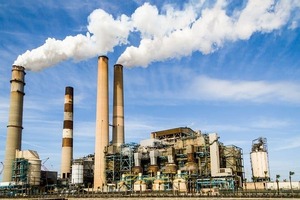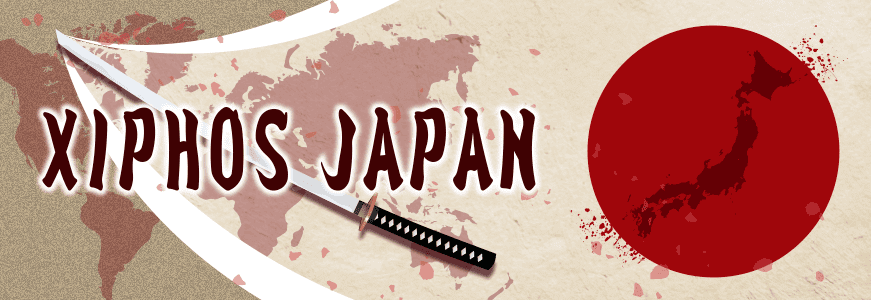 Russia has invaded neighboring Ukraine.
Russia has invaded neighboring Ukraine.
Ukraine was part of the former Soviet Union and was one of the countries that broke up and became independent after the collapse of the Soviet Union.
At the time of independence, as a satellite of the former Soviet Union, the country was undeniably tight rope with both Russia and the West, but in a positive sense it was well-balanced and had relatively good relations with both camps.
In recent years, however, President Vladimir Putin’s aggressive policy of reclaiming former Soviet-era territories has shifted the balance toward Western countries rather than Russia from the perspective of homeland security.
Naturally, such a move is not a favorable trend for the hard-armed President Vladimir Putin, who has been rumored for some time, but has now finally decided to proceed with Ukraine by force.
It is quite natural that gold, which boasts of an unalterable value in all ages, and resources such as crude oil would soar in price after the outbreak of war or the occurrence of a natural disaster, and Japan, which imports the majority of its resources from overseas, is directly affected by the aftermath.
From a global perspective, there are trends that put the global environment first, such as decarbonization, carbon neutrality, and stopping global warming.
In Europe, a comprehensive proposal has been adopted to eliminate the sale of gasoline-powered vehicles by 2035 and to achieve zero CO2 emissions by 2050.
Europe is also shifting from fossil-based energy generation to more earth-friendly energy sources such as wind, solar, and natural gas.
This shift is not only from an environmental standpoint in consideration of global warming, but also as a risk hedge by entrusting its energy supply to the Middle East, where many OPEC member countries are located and where oil-producing countries are engaged in conflicts.
Since Europe is connected to land, the “Nord Stream 1” pipeline from Russia, which produces abundant natural gas, can now be drawn to provide a stable supply to Europe.
Rather than loading crude oil onto tankers and transporting it from the Persian Gulf, sending natural gas through the pipeline is a safer and less expensive way to obtain energy in times of peace.
As a result, natural gas from Russia has expanded its share to provide 60% of Europe’s energy needs.
This situation is not a problem in peacetime, but in the event of an emergency, as in this case, the risk increases. Moreover, if the importer is a party to the war, the risk is even greater.
To hedge risk, we shifted from importing Middle Eastern oil to natural gas, but we concentrated our natural gas imports in one country. Unfortunately, this is the result of a reversal of the original plan.
If economic sanctions are implemented and resource imports from Russia are curtailed, the country will have to get its supplemental domestic energy needs from somewhere else. This is a major reason for the current daily surge in energy resource prices.
Japan, like most European countries, relies on foreign imports for much of its energy resources.
In the past, Japan experienced an oil crisis after the outbreak of war in the Middle East, which led to a panic over buying up all the toilet paper in the country.
Since then, oil imports from countries other than the Middle East, such as Indonesia and Venezuela, have been implemented due to the high risks involved in importing oil from a single Middle Eastern country.
It was also during this period that the policy of seeking energy sources that do not depend on oil, such as wind, hydroelectric, and nuclear power, was initiated.
The era of stable energy supply continued to a certain extent, but after the Great East Japan Earthquake, public opinion was such that local power = evil, and nuclear power, which had supported 20~30% of Japan’s energy demand up to that point, dropped out.
To make up for the shortfall, Japan tried to buy oil, coal, and natural gas from other countries, but they were caught flatfooted and were forced to import at much higher prices than before the earthquake.
Nuclear power is too large an opponent for human control, and the facility is likely to be the primary target of attack by the other side in the event of a war conflict. However, to eliminate it altogether at this point, looking at the current state of Europe, this is a high risk.
The decision has been made to decommission the fast breeder reactor Monju, to which a large amount of budget had been contributed and which had produced a great deal of research data.
The decision was inevitable, but the U.S. has decided to build a fast breeder reactor, and Japan will participate in the facility, but on the premise that Japan will supply the data that it has accumulated over the years.
This may sound a bit rough, but even if Japan stops its nuclear development, nuclear development will continue somewhere in the world.
If the know-how and data that we have worked so hard to develop are to be taken out of the country for free, then we will continue to develop nuclear power domestically. From the viewpoint of stable energy supply in Japan, such an option is acceptable.







